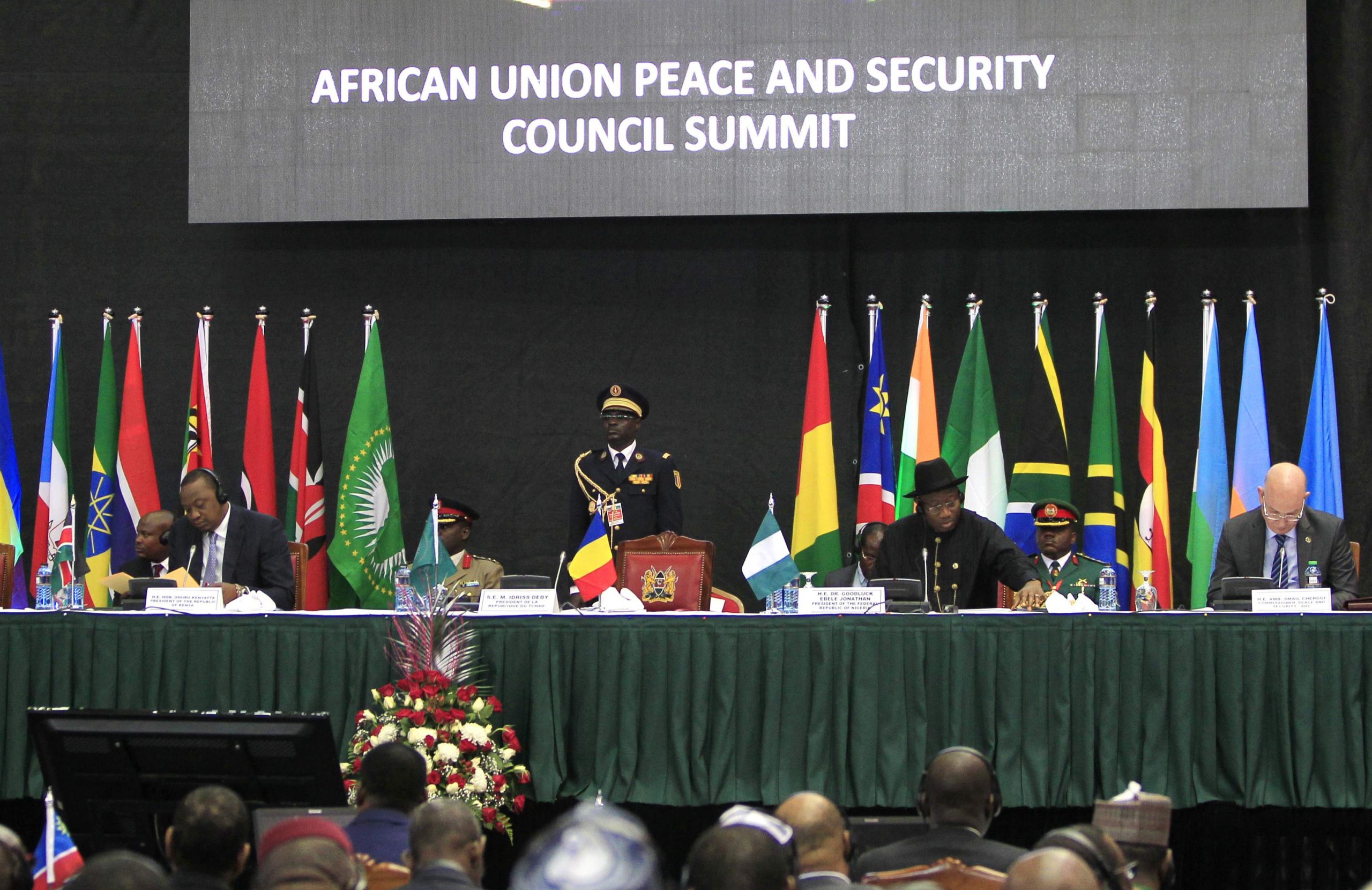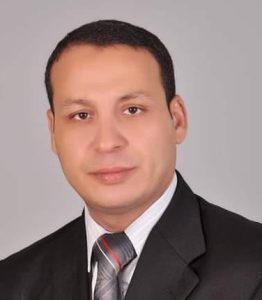The African Union Peace and Security Council noted on the 3rd of February that it will intensify its engagement on the political crisis in Sudan, to help end the impasse and bring the conflicting parties together.
The Council, since the fall of the former Sudanese president Oar Bashir, and the initiation of a process of transition, has made endeavors to reach an agreement on managing the transitional period. Following the overthrow of the government by Abdelfattah Burhan, the AU Peace and Security Council announced the suspension of Sudan’s membership and held emergency sessions to discuss the crisis. When Abdallah Hamduk resigned from the post of prime minister, the AU sent a representative to try and reconcile him and Burhan. The AU also announced that the establishment of a monitoring mechanism regarding the situation in Sudan and called upon the transitional council to appoint a new government. The AU threatened new sanctions on Sudan if the agreements both parties had signed up to are not upheld.
There are several drivers to this new impetus by the African Union, which include:
1- Multiple International Initiatives: There have been over 6 initiatives from the international and regional community to try and solve the ongoing crisis in Sudan, such as initiatives from UNITAMES, EGAD, Juba, and others. The AU Peace and Security Council is therefore seeking to highlight the importance of its role, especially as international players appear to ignore the African Union with respect to their efforts to resolve the crisis. In an attempt to stop the crisis from escalating after Hamduk’s resignation, the Council convened several times and issued several statements regarding the crisis during January and February. The Council highlighted the UN UNITAMES initiative which re-affirms the role of the AU in helping to solve this crisis.
2- Applying Pressure on the Military in Sudan: The AU tried to apply added pressure on the Military in Sudan by suspending Sudan’s membership, putting on hold its participation in AU activities, and defining the military’s actions as a coup, which contradicts the AUs democratic principles. The Peace and Security Council declared in its statement these resolutions to be in line with the protocols of the Council and the AU charter.
In a separate statement during February, the Council called for an independent and transparent investigation into all alleged breaches of law and human rights since the 25th of October 2021. The Council announced that a mission would be sent to Sudan to investigate, and that it expects full cooperation from the local authorities. The statement emphasized the importance of implementing the constitutional declaration issued in August 2019 and that the peace accords signed in Juba be maintained. They further emphasized that the Transitional Authority needs to be formed following these declarations as dictated by the constitutional declaration.
The AU representative from the Peace and Security Council, Edeway Bankoly, arrived in Sudan on the 15th of January and delivered a message to Burhan from the Head of the AU Mousa Feki, outlining the vision of the AU to help solve the crisis. The envoy further confirmed that the AU is willing to help reach political consensus between the various parties in Sudan. The AU, while expressing concern regarding the current situation, however, reiterated its respect for Sudan’s sovereignty.
The envoy noted that the AU will continue reaching out to all parties concerned both on the international and regional levels to reach a binding agreement, without overstepping the boundaries of the AU. The Council called for a dialogue that does not exclude anyone in Sudan and for elections to take place as soon as possible. They also welcomed the formation of a technocratic government and called on all parties of interest to show their commitment to the process and the peaceful resolution of differences. The AU also welcomed the release of some of the detained members of the former government and called for the release of all remaining detainees with no exceptions.
3- Taking Preemptive Steps to Prevent Full Control by the Army: Should the transitional process fail, and the army assumes full control, this would threaten the Abuja accords between the government and the militia groups in the country. Sudan might therefore enter a period of intense and prolonged instability, adding a new crisis the AU Peace and Security Council would have to deal with. The failure of the transitional period in Sudan would have consequences on the whole region.
The African Union has to overcome several challenges, however, in order to play an effective role in Sudan, which include:
1- Multitude of Crises on the AU’s Plate: These include issues such as Libya, Ethiopia, the GERD Dam, and the situation in Sudan. All of these crises directly influence the stability of Africa and threaten security in their respective regions. Aside from these flare-ups, the wave of coups occurring in West Africa, have put the spotlight back onto the corruption in African governance. Countries such as Mali, Chad, Guinea, and Burkina Faso have all witnessed moves by their militaries to take power. The Council also faces the challenges of the spread of terrorism in several regions especially on the ivory coast, east Africa, Mozambique, and the Democratic Republic of Congo. Furthermore, the Covid-19 pandemic has strained and threatened the peace and stability of several African nations.
2- Scarce Financial Resources and Disagreements within the AU: The Council has been facing difficulties in finding financial resources to fund the operations of the AU Peace and Security Council, as many countries have not been contributing to the AU’s budget. It is estimated that the AU needs 200 million dollars annually to finance its operations. Increased disagreements between AU member states have weakened the AU’s ability to confront crises in Africa, and many have escalated into open conflict as a result. This further weakens coordination efforts in the AU itself and endangers its various initiatives.
3- Growing International Interventions in African Crises: The Council increasingly has to contend with external meddling from international powers pursuing their own interests. This interference tends to hinder the AU’s ability to act effectively towards any crises that arise, including in Sudan.
4- Lack of Trust Between the Parties to the Sudanese Crisis: All parties to Sudan’s political crisis lay the blame on others, accusing their opponents of seeking to hold power alone. This creates a deep challenge and prevents conflict resolution from taking place, further hindering the role of the AU Peace and Security Council.
The AU Peace and Security Council’s initiatives to resolve the political crisis in Sudan are motivated by a desire to assert what it views as its central role in preventing instability on the continent. Despite the multiple challenges it faces in this respect, it still has a window of opportunity to demonstrate its effectiveness in this respect.


